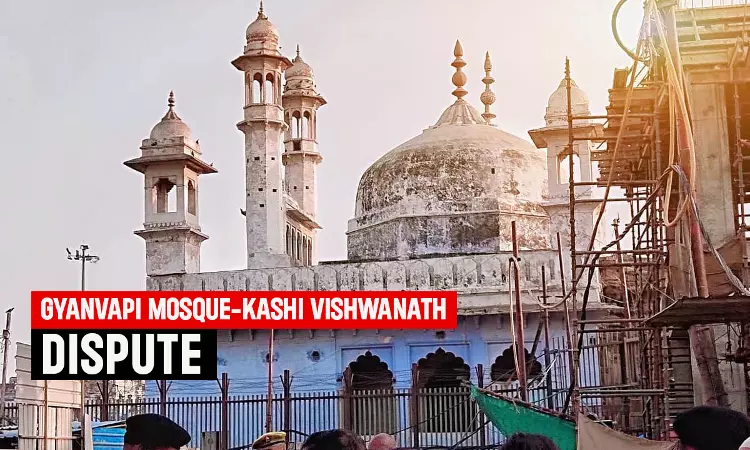The Supreme Court on Monday (April 1) issued notice on a Special Leave Petition filed by the Gyanvapi mosque committee challenging the orders of the Varanasi District Court and the Allahabad High Court allowing the performance of Hindu religious rituals at a tehkhana (cellar) of the mosque.While doing so, the Court also ordered that that status quo shall be maintained with respect to...

